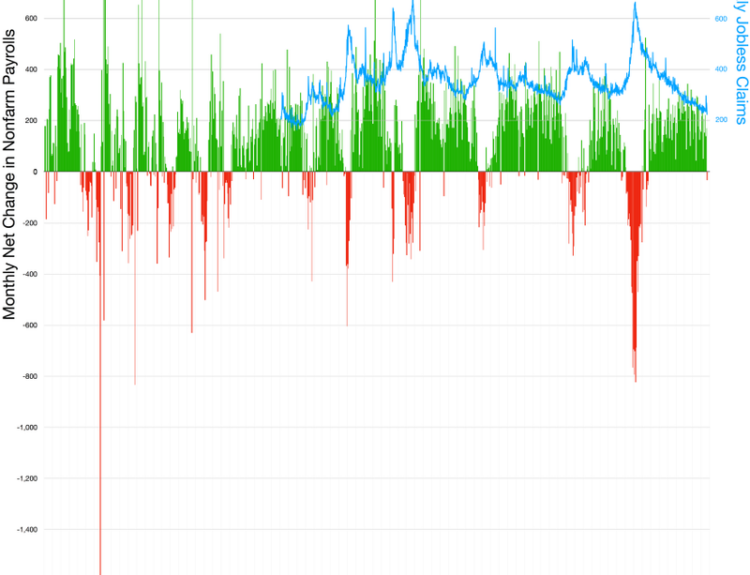The reasons behind the success of U.S. stocks compared to global counterparts
- U.S. stocks have outperformed international stocks
- S&P 500 has returned 28% over the past year
- Valuation differential due to composition of indexes
- U.S. stocks have growth emphasis and strong economy
- U.S. companies have better economic fundamentals
U.S. stocks have been the top performers in the past year, with the S&P 500 index returning 28%. In contrast, international markets such as Europe, Canada, and China have seen much lower gains or even losses. The valuation differential between U.S. stocks and international stocks can be attributed to the composition of indexes and the types of companies traded. The S&P 500 is heavily weighted towards growth stocks, particularly in the technology sector, while international indexes have more exposure to value and economically sensitive sectors like financials and industrials. This setup favors continued outperformance by U.S. stocks. Additionally, the U.S. economy has shown healthier growth compared to Japan, the U.K., and the euro zone, which have experienced recessions or sluggish growth. The divergent economic fundamentals support higher valuations for U.S. companies and make a strong case for continued success.
Factuality Level: 7
Factuality Justification: The article provides information about the performance of U.S. stocks compared to international stocks and discusses the factors that contribute to the valuation differential. The information provided is based on market data and expert opinions. However, there is some subjective language used, such as ‘no one needs a reminder’ and ‘sometimes it makes sense to be a homebody,’ which could be seen as opinion masquerading as fact.
Noise Level: 6
Noise Justification: The article provides some analysis of the performance of U.S. stocks compared to international stocks, but it lacks depth and relies heavily on general statements and opinions from experts. It does not provide much evidence or data to support its claims. The article also goes off-topic at times, discussing the composition of different stock indexes. Overall, the article contains some relevant information but lacks rigor and actionable insights.
Financial Relevance: Yes
Financial Markets Impacted: The article discusses the performance of U.S. stocks compared to international stocks, highlighting the outperformance of the S&P 500 index. This information can impact financial markets and companies.
Presence Of Extreme Event: No
Nature Of Extreme Event: No
Impact Rating Of The Extreme Event: No
Rating Justification: The article focuses on the performance and valuation of U.S. stocks compared to international stocks, providing insights that can impact financial markets and companies. However, there is no mention of any extreme events.
Public Companies: S&P 500 (S&P 500), Stoxx Europe 600 (Stoxx Europe 600), Canadian S&P/TSX Composite (Canadian S&P/TSX Composite), U.K.’s FTSE 100 (FTSE 100), China’s Shanghai Composite (Shanghai Composite), Tokyo’s Nikkei 225 (Nikkei 225)
Key People: Marko Kolanovic (J.P. Morgan’s chief market strategist)
Reported publicly:
 www.marketwatch.com
www.marketwatch.com 





